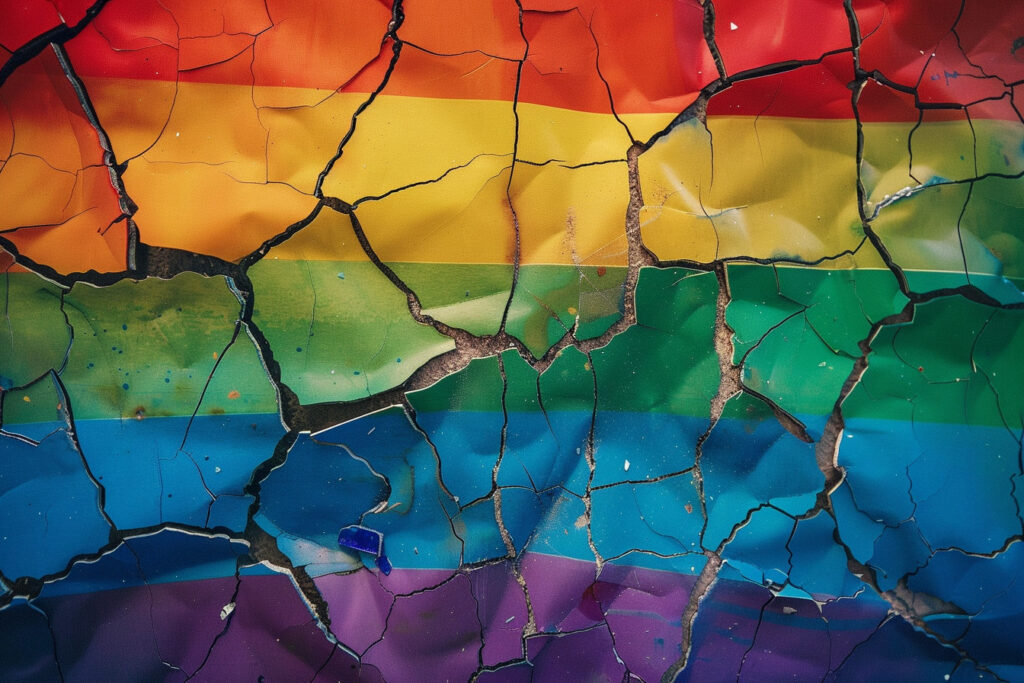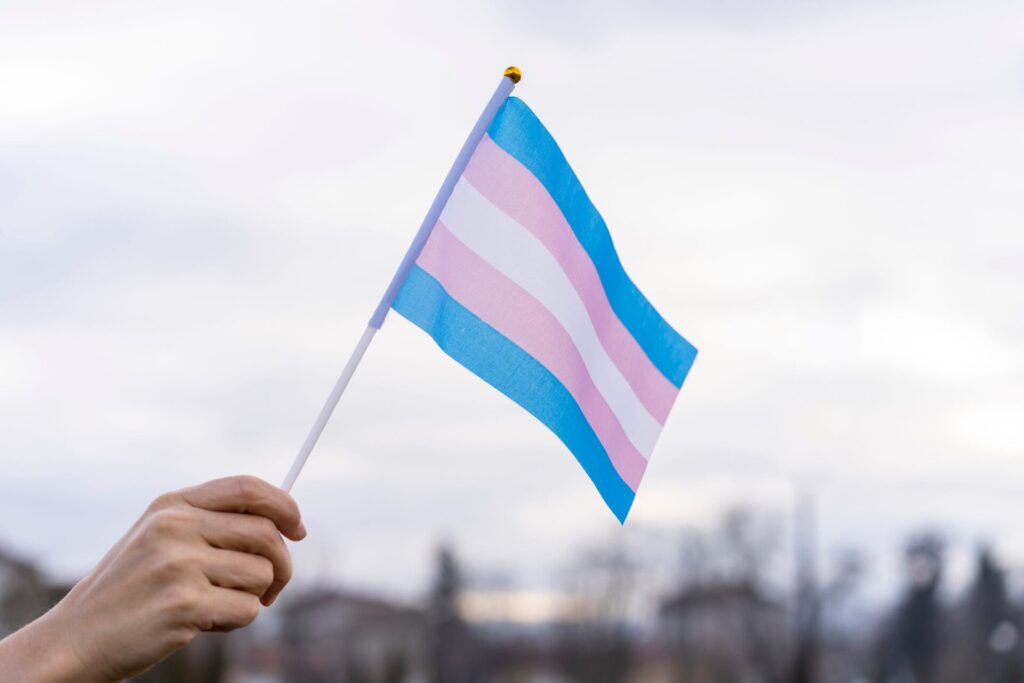In the broader spectrum of LGBT rights and acceptance in the United States, Pennsylvania presents a complex case. Ranking 24th in acceptance of LGBT individuals, the state exemplifies a middle ground, where progressive strides intersect with persistent challenges. This blog post delves into the legal, social, and economic aspects impacting LGBT individuals in Pennsylvania, highlighting both the ongoing struggles and the active efforts to foster a more inclusive society.
Legal and Social Challenges
Pennsylvania’s legislative landscape for LGBT rights is a patchwork that leaves significant gaps in protection. While some areas, such as Philadelphia, are known for their progressive stances, the state as a whole lacks comprehensive nondiscrimination laws that explicitly include sexual orientation or gender identity. This absence of explicit legal protection is a major contributor to the discrimination experienced by LGBT Pennsylvanians in various aspects of life, from employment to housing and public accommodation.
Moreover, the lack of inclusive anti-bullying policies and specific hate crime laws exacerbates the vulnerability of LGBT individuals, particularly youth, in educational and social settings. The ongoing legal deficiencies not only perpetuate existing disparities but also reflect and reinforce societal prejudices that can lead to exclusion and even violence.
Economic and Health Disparities
The stigma and discrimination facing LGBT individuals in Pennsylvania have tangible economic and health repercussions. Employment discrimination is a notable issue, with nearly half of LGBT Pennsylvanians reporting adverse job-related experiences due to their sexual orientation or gender identity. This workplace hostility contributes to a higher likelihood of job turnover, unemployment, and underemployment among LGBT workers, further entrenching economic disparities.
Health outcomes for LGBT individuals in Pennsylvania are also concerning. The stress and anxiety engendered by persistent discrimination and social stigma can lead to significant health issues, including higher rates of depression, substance abuse, and other mental health challenges. These health disparities are not just personal tragedies but also carry broader economic costs, affecting productivity and increasing healthcare expenses
Steps Forward
Addressing these challenges requires a multifaceted approach. Legislative reform is crucial—Pennsylvania could significantly advance LGBT rights by amending its Human Relations Act to explicitly include protections based on sexual orientation and gender identity. Additionally, enhancing legal protections in areas such as hate crimes, bullying, and public accommodations could markedly improve the day-to-day experiences of LGBT individuals.
Community engagement and advocacy play pivotal roles as well. Across the state, numerous organizations and activists are tirelessly working to promote understanding, acceptance, and legal change. Their efforts are crucial in not only advocating for policy changes but also in providing support and resources to LGBT individuals facing discrimination and exclusion
Conclusion
The state of LGBT acceptance in Pennsylvania is a reflection of both progress made and the journey ahead. As societal attitudes continue to evolve and advocacy efforts gain traction, there is hope that Pennsylvania can overcome its current challenges to become a more inclusive and equitable place for all its residents. The commitment to legal reform and community support will be decisive in shaping the future of LGBT rights in the state.




